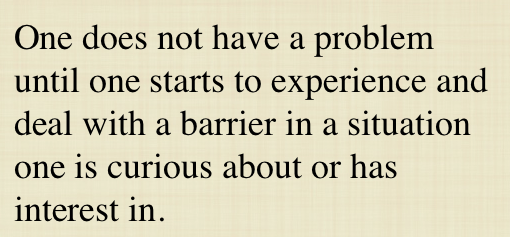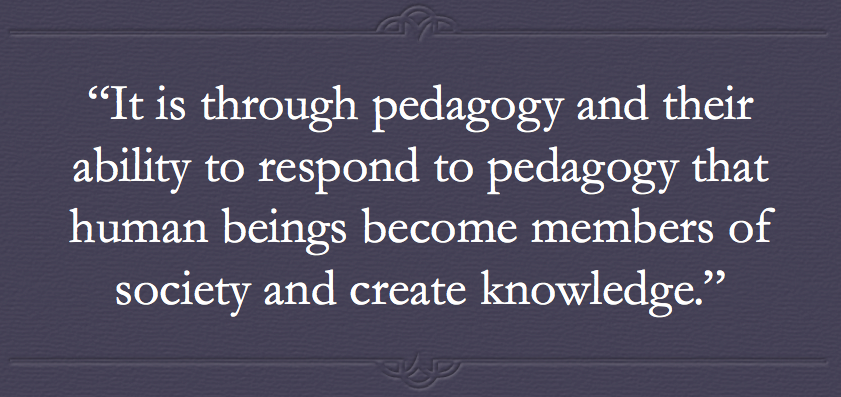Grouws, Good and Dougherty interviewed junior high school teachers to determine their conceptions about problem solving and its instruction. They found four categories of conceptions of problem solving in which teachers could be grouped:
Problem Solving is
- Solving word problems, that is, the mode of presentation of the problems situation is the determining factor for these teachers. For these teachers a problem is a ‘word’ problem.
- Solving problems, that is anytime students found an answer to a mathematical problem, they are doing problem solving.
- Solving practical problems, that is, the content of the problem (what the teacher perceives as real-life) is the determining factors of whether or not learners are doing problem solving
- Solving thinking problems, that is, learners are engaged in problem solving when they incorporate their ideas and challenged to think to find a solution.
The first three focus on the nature of a problem and its computational process while the last one is primarily concerned with processes involved in finding a solution.
 A case study on teachers conception of problem solving and its teaching was also reported by Chapman. Her findings indicated that the teacher viewed problem solving as both cognitive and social endeavor. The teacher made no distinction between problem and problem solving, i.e., the problem solving is the problem, one does not have a problem until one starts to experience and deal with a barrier in a situation one is curious about or has interest in. She viewed teaching of problem solving of problem solving in terms of three stage process:
A case study on teachers conception of problem solving and its teaching was also reported by Chapman. Her findings indicated that the teacher viewed problem solving as both cognitive and social endeavor. The teacher made no distinction between problem and problem solving, i.e., the problem solving is the problem, one does not have a problem until one starts to experience and deal with a barrier in a situation one is curious about or has interest in. She viewed teaching of problem solving of problem solving in terms of three stage process:
- Preparation
- Collaboration
- Presentation
References
Chapman, ). (2004). Facilitating peer instructions in learning mathematics: Teachers’ practical knowledge. In M. J, Hoines & A.B. Fuglestad (Eds.), Proceedings of the 28th PME International Conference, 2, 191-198.
Grouws, D.A., Good, T. A., Dougherty, B.J. (1990). Teacher conceptions about problem solcing and problem solving instruction. I G. Booker, P. Cobb, & T.N. Mendecuti (Eds.) Proceedings of the 14th PME International Conference, 1, 135-142.
